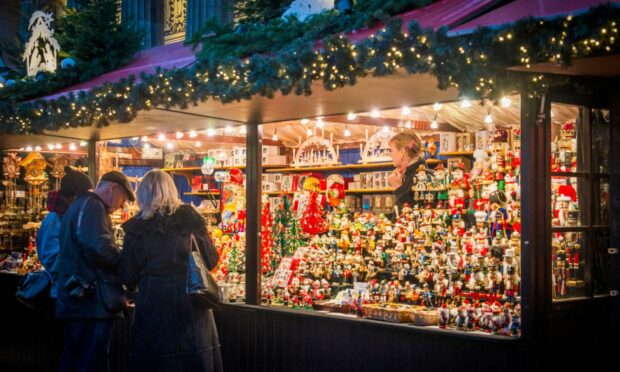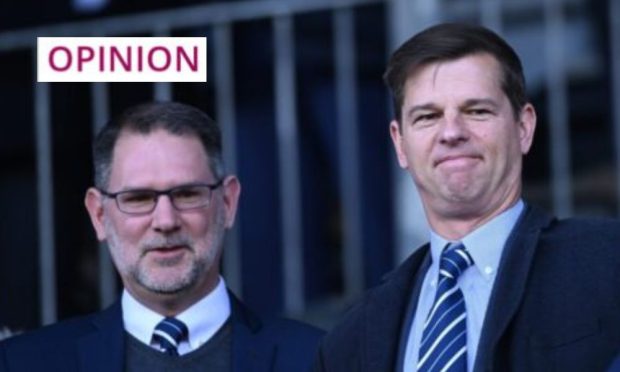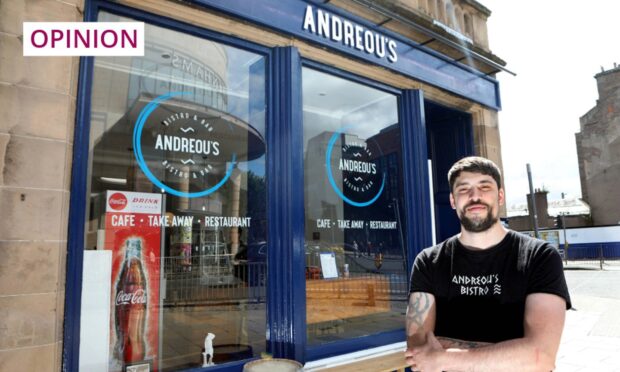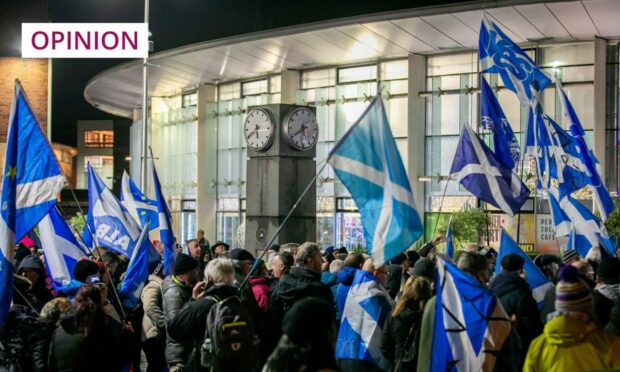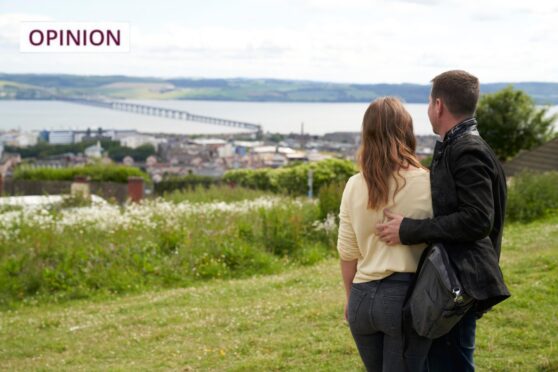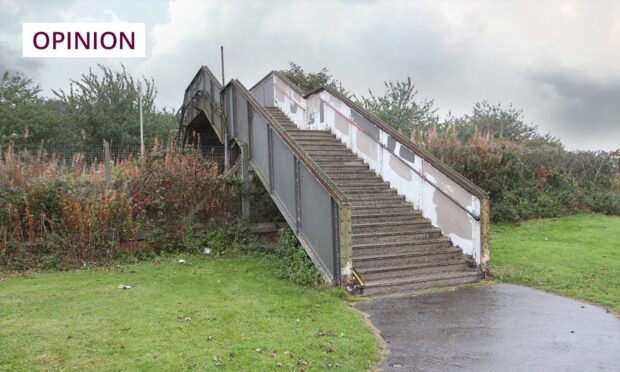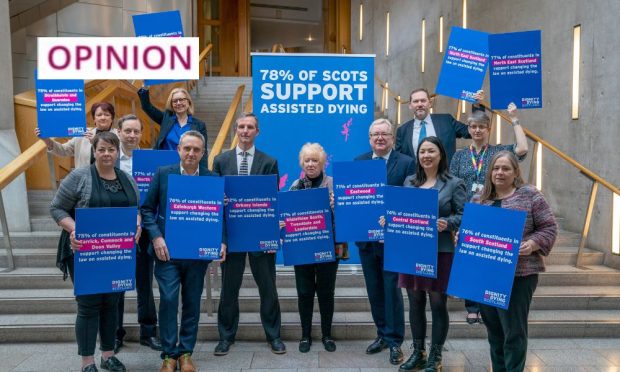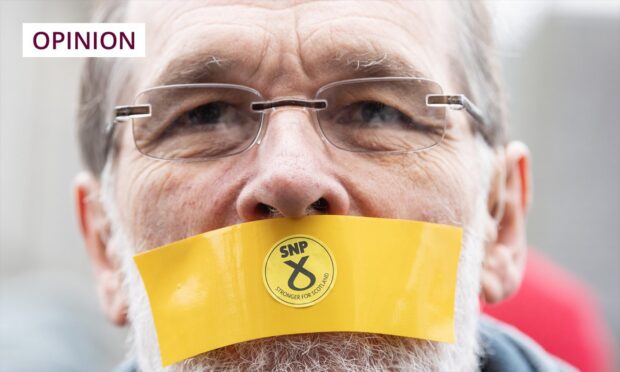Sir, – The obsession the British people have with Christmas is getting beyond a joke.
The festivities now start in October and go on for two months.
After the usual long pondering from successive governments on how to keep people safe during the festive season, they have come up with the ridiculous idea that three households can travel and get together.
This on a day when 600 people died from Covid.
This is supposed to be for only five days in the hope that it will only be for this period.
I admire their forlorn hope that people are going to adhere to this condition.
They should be tightening up on the restrictions, not relaxing them. There is still a killer disease out there – mix at your own risk.
Even if you are still alive after Christmas you may still be in danger from people who are contaminated.
Stay in your own house
Alister Rankin.
Whyterose Terrace,
Methil, Leven,
Fife.
Value in meeting family and friends
Sir, – Nicola Sturgeon’s biggest mistake is imposing draconian restrictions that have wrecked lives and livelihoods.
The median age of those dying with the virus is now higher than general life expectancy. The vast majority of those who died had other, significant, health issues.
The wider implications of missed diagnoses and delayed treatment for other conditions are alarming and the numbers affected far greater than the victims of the virus.
To that, we must add those condemned to a life of misery in isolation, in many cases unable to comprehend why they may no longer be comforted by their family.
Mr Coghill (It’s worth giving up Christmas for, Courier, November 25) may be unable to appreciate the value of meeting friends and family or evaluate the real threat of an over-hyped virus, I expect sensible people can.
Hamish Hossick.
Strathern Road,
Broughty Ferry.
Nine-day holiday window for Scots
Sir, – How could Nicola Sturgeon agree to a five-day Christmas relaxation of the Covid rules making everyone travel on the same days, namely December 23 and 27?
The wise Irish have agreed a seven-day relaxation, allowing travel on December 22 and 28 and thus reducing the risk as people travel on different days from the rest of the UK.
With everyone else in the UK travelling on the same days there is going to be chaos on public transport, the roads gridlocked, petrol stations and motorway services mobbed.
Nicola Sturgeon and the Scottish Government will be to blame for the increase in infection rates in January.
Deaths and infections could have possibly been avoided by Scotland going for a nine-day relaxation period enabling people to travel on different dates from the rest of the UK.
Neil Constable.
Tomlea,
Blairgowrie.
CO2 levels raised by natural events
Sir, – The World Meteorological Organisation general secretary, Petteri Taalas, opined that the recent worldwide industrial downturn due to Covid-19 will not cause a reduction in atmospheric carbon dioxide.
This would seem to support the view of many scientists that the atmospheric CO2 level is more influenced by natural events than by human activity.
GM Lindsay.
Whinfield Gardens,
Kinross.
Legal sophistry pivots on semantics
Sir, – The Scottish Government continues to amend its controversial Hate Crime Bill.
A conviction for ‘stirring up hatred’ would now require the prosecution to demonstrate that the accused had “intended” to stir up hatred.
Despite this, the fearful prospect of a court case may still limit artistic expression.
Free speech will now allow for discussion, criticism or expressions of antipathy, dislike, ridicule or insult of religion but the Scottish Bill will still criminalise “abusive” behaviour. It is on these semantic nuances that legal sophistry pivots.
Neil Barber.
Edinburgh Secular Society.
